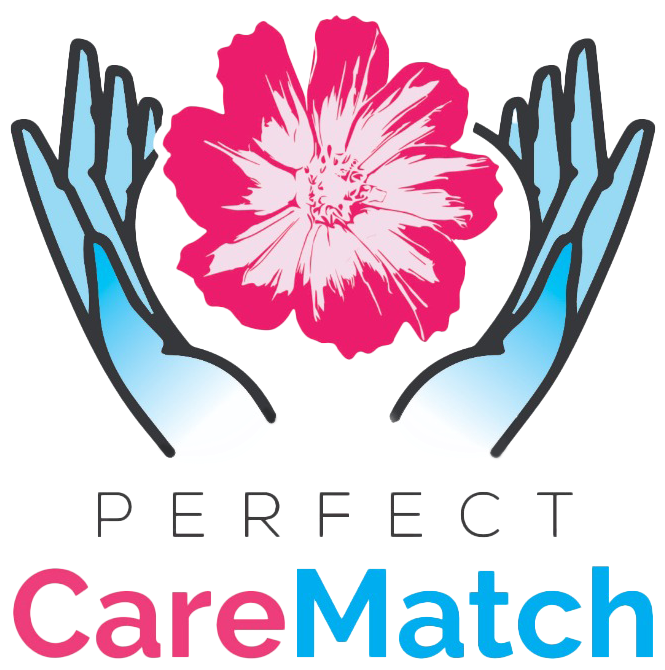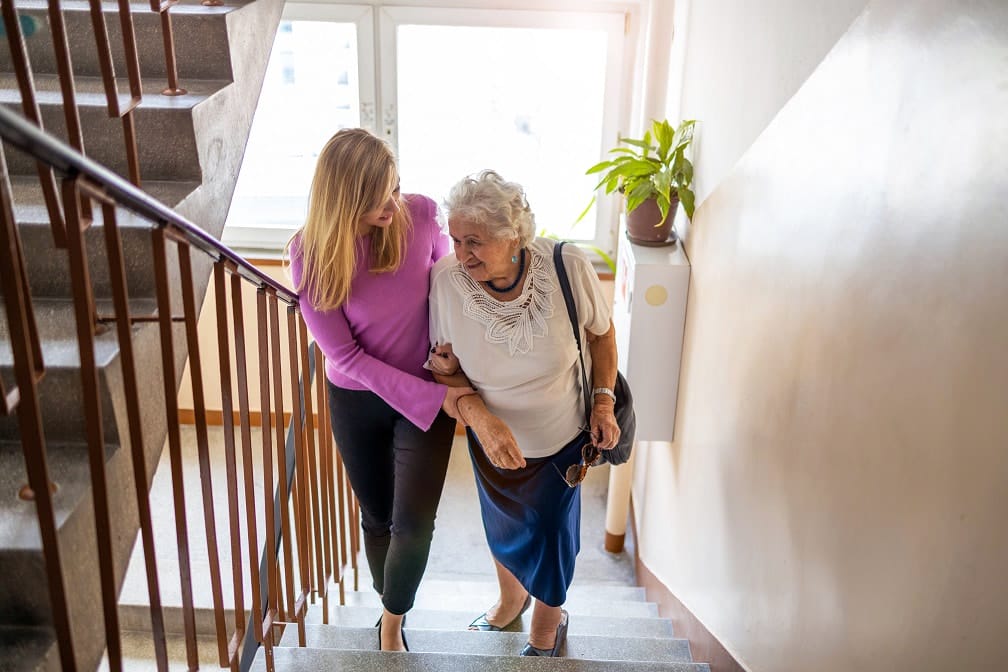Assisted Live-in Caregivers help older adults stay healthy and safe at home
How Do I Find Assisted Live-in Care?
When you have decided that a live-in caregiver is your best support option, you’ll find that locating the right person can be a grueling process. At Professional Care Match we have the experience to help you find the perfect candidate to whom you can entrust your loved one. Our experienced professionals have been thoroughly vetted and trained to assist people in their homes; our services reduce the burden to families and give them peace of mind.
In-home Care Services For Vulnerable People
At Professional Care Match, we rigorously prepare our in-home staff to use preventative measures to minimize the risk of COVID-19 or other infections, and are mindful of the many lingering health problems that could accompany such an infection if the person survives the ordeal.
Assisted Live-in Care
Only Professional Care Match offers assisted live-in care services to clients and families. We ensure our clients receive everything they need to allow them to remain at home for as long as possible. We serve people from all backgrounds: seniors, people with disabilities, and people who are most at risk for infection and injury. There are innumerable benefits to such an arrangement.
What Is Aging In Place?
Remaining at home as one ages is an attractive concept for 9 out of ten people. Regardless of age, economic status, or level of ability, there are many benefits to aging in place. The familiarity and comfort of home reduces the stress on our clients’ wellbeing and allows them to enjoy their lives. Remaining within their familiar community means less distress and confusion, particularly for those with cognitive deficits. We can all agree that when mom is happy, everyone is happy!
Assisted Live-in Care Curtails COVID Infections
Keeping our clients safe and healthy at home is our objective. Access to a reliable helper who cares for only the person with whom they live is an extraordinary opportunity for our clientele. Keeping a “closed-loop” of contacts is proven to be an effective measure to combat coronavirus infections and possible long-term complications. When caregivers have only one client, there is less concern of infection being brought from one home to another.
What Does An Assisted Live-in Caregiver do?
For clients requiring modest assistance, the live-in caregiver remains available as the person manages daily life. They offer direction or supervision with most day to day house tasks. Live-in caregivers look after clients who are debilitated or have pain, reducing the risk of serious events like a fall or cooking accident. Consistency of care means the helper knows their baseline and notice acute changes; observe and report signs of illness, like weight loss or wounds; and maintain clear communication with the family and the medical team.
Greater Comfort At Home
For clients with cognitive impairments, an in-home assistant can help diminish the common experiences of fear and distress that accompany progressive diseases, like dementia. In familiar surroundings, the cognitively declining person escapes the disquietude of transferring to a care facility. Transitioning to a nursing home is emotionally exhausting for everyone involved. The person needing care is not only in an unfamiliar physical space, the other senses are assailed as well, leading to greater anxiety. The sights and feel of home, the way it smells and sounds, brings comfort and security.
Quality Of Life
Quality of life is important, but arguably it’s most needed as we approach our sunset years. Older adults grieve the loss of their independence or health; their friends and family. With diminished opportunities for entertainment and enrichment, having a consistent caring companion in the comfort of home helps enrich your loved one’s quality of life.


Thank you for sharing! This article is a must read for every person interested in betting and wanted to expand their knowledge about the craft. Check https://betjee.com for more exciting games and unlimited earnings.
Assisted Live-in Caregivers are a valuable resource in providing a safe and comforting environment for seniors who choose to remain at home. These caregivers offer 24/7 care, allowing elderly individuals to age gracefully and independently in their residences, with the security of knowing they have access to necessary support and assistance. Thanks for sharing everything in this article about assisted care.